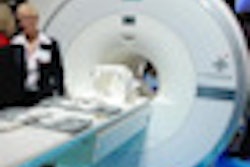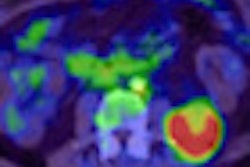A group of cardiologists in Rhode Island say a possible gender disparity may exist in how patients are referred for nuclear stress tests, according to the study published online June 8 by the Journal of Nuclear Cardiology.
Researchers at Rhode Island Hospital and the Miriam Hospital found that half as many nuclear stress tests ordered for women were likely to meet national appropriate use criteria compared to the same tests for men.
Lead study author Dr. Aarti Gupta, a cardiology fellow at Rhode Island Hospital, noted that in a survey of nuclear stress tests, a number of exams were classified as having been ordered inappropriately for women compared to studies in men. The conclusion is that the fear of missing heart disease is prompting physicians to test too many women indiscriminately, Gupta said.
Researchers analyzed 314 nuclear stress imaging studies to determine whether they followed appropriate use criteria. A total of 301 studies (96%) were ordered for chest pain.
Overall, 263 studies (84%) appeared to follow appropriate use criteria, 34 (11%) were deemed inappropriate, and 17 (6%) were uncertain, meaning it was unclear based on current data if the study was appropriate.
Women received 213 inappropriate studies (68%), while men received 111 (32%). Uncertain studies also were more likely to be ordered in women (82%) than in men (18%).
The findings indicate a continuing need for education among primary care providers for appropriate test ordering, particularly for women, according to Gupta and colleagues.




















